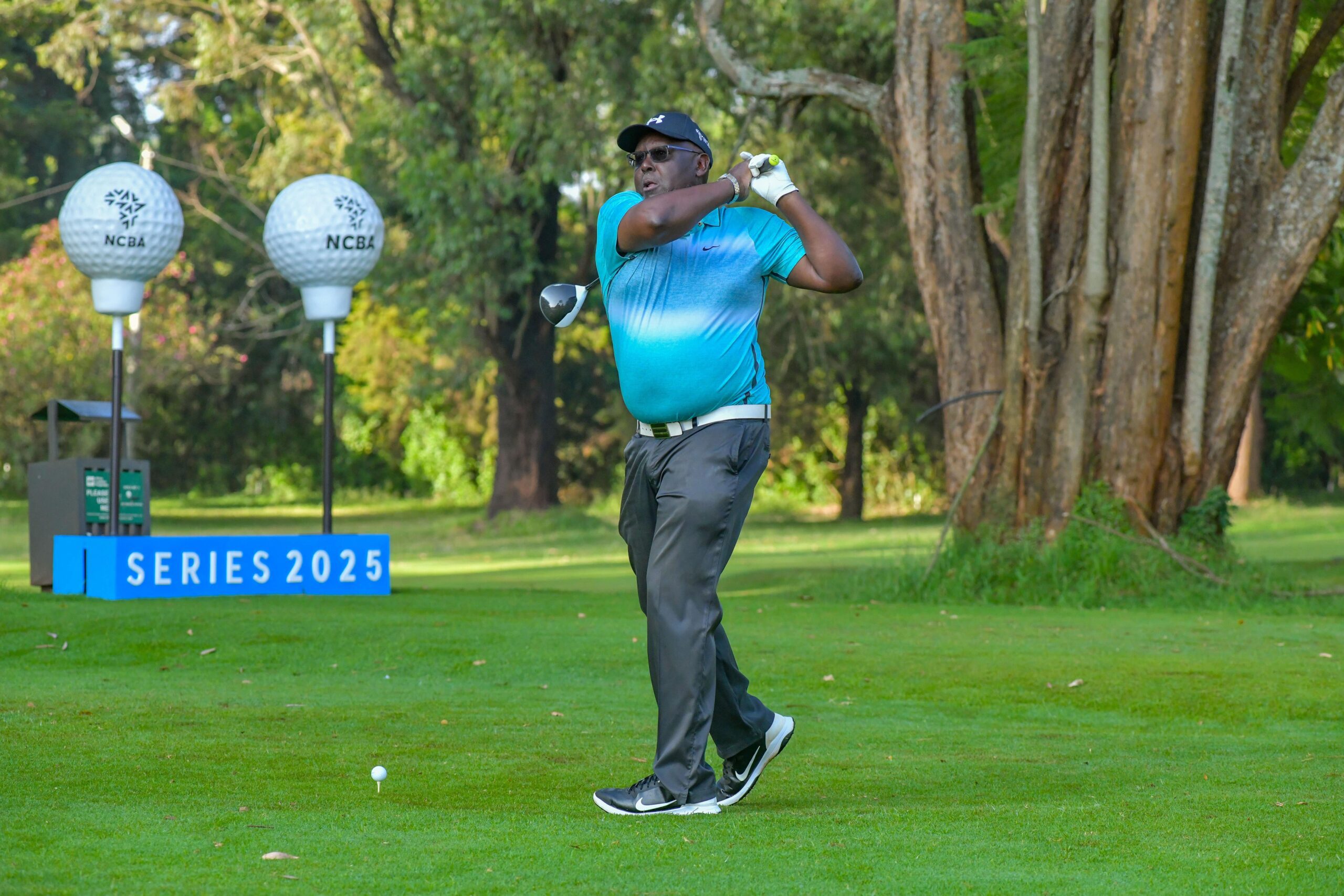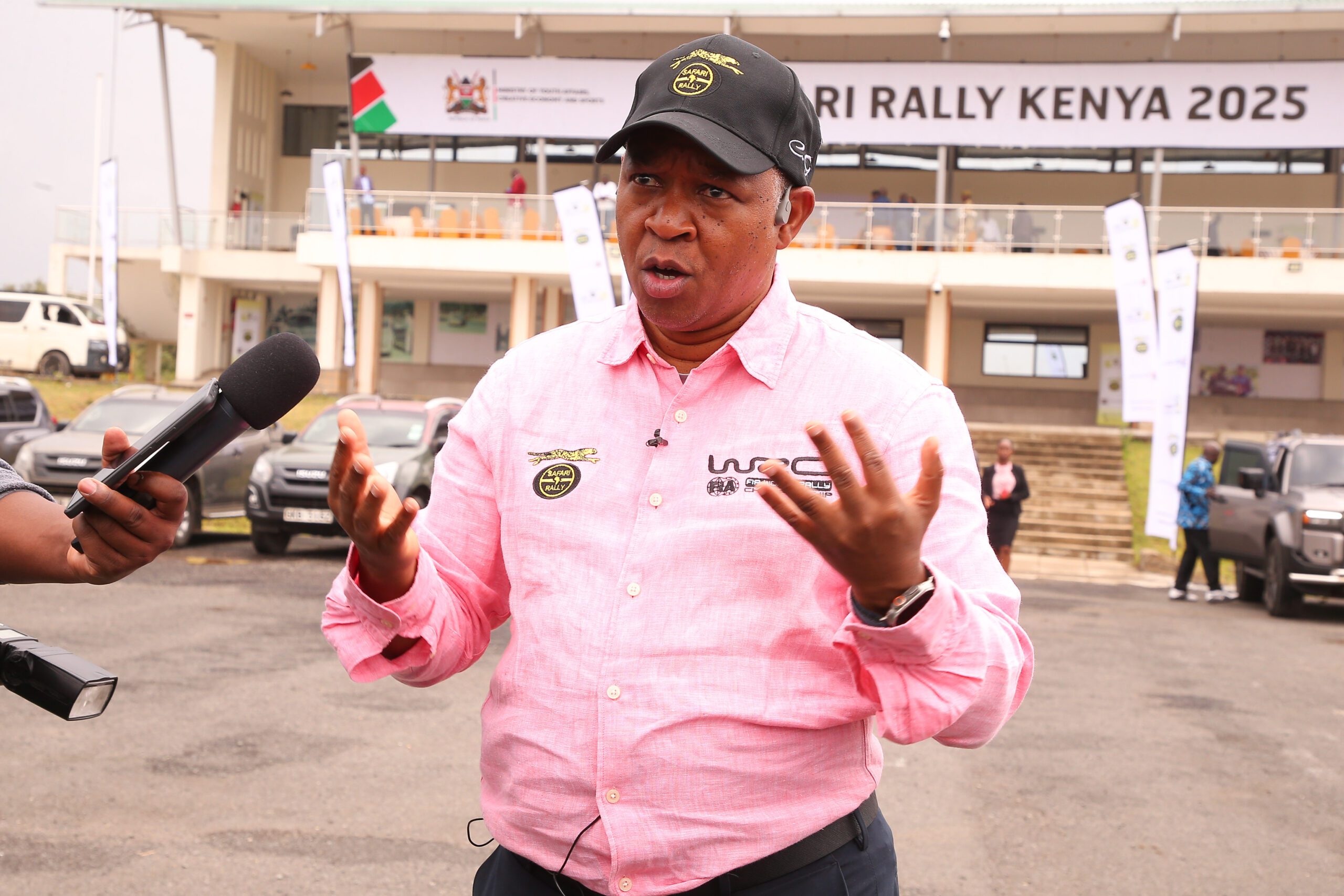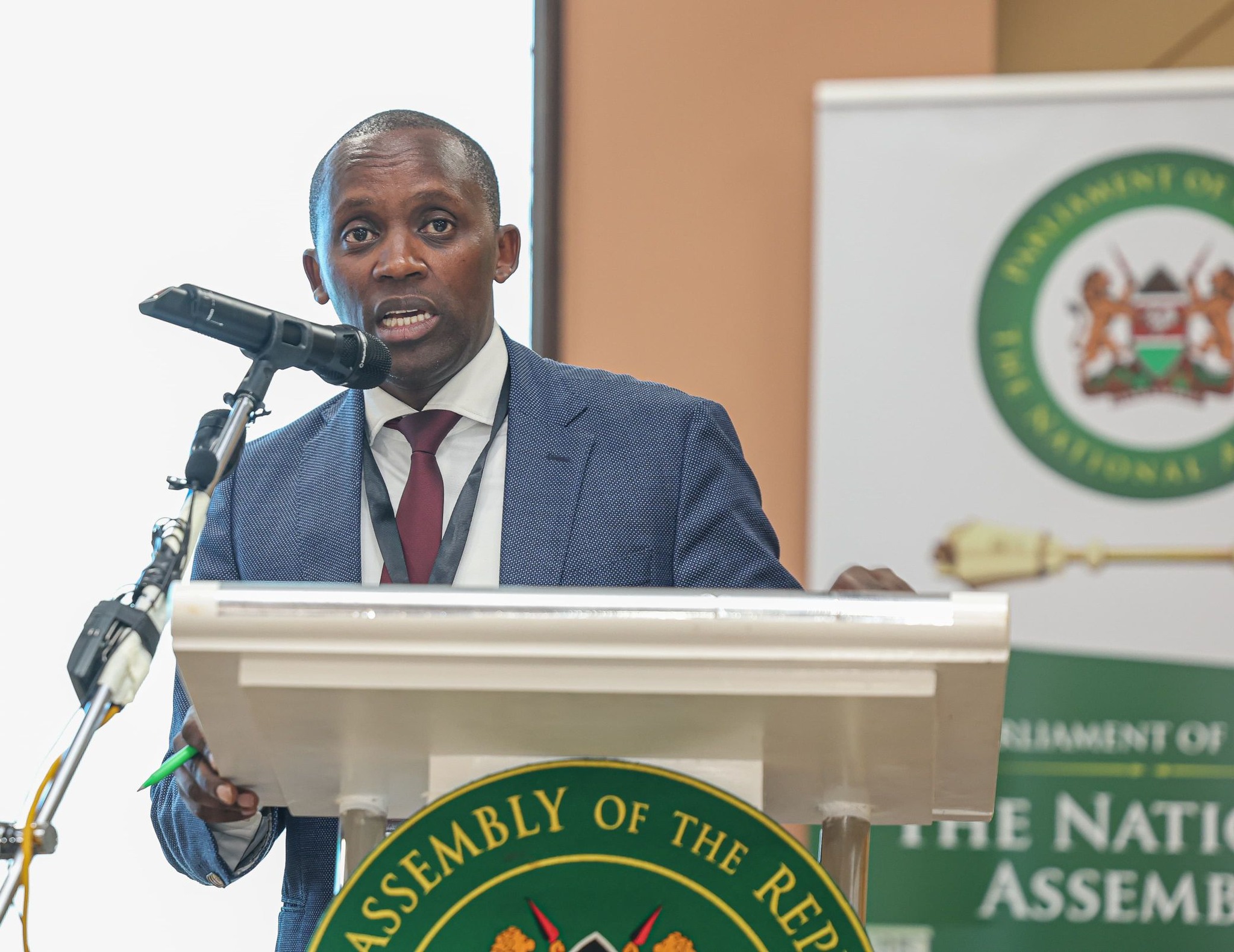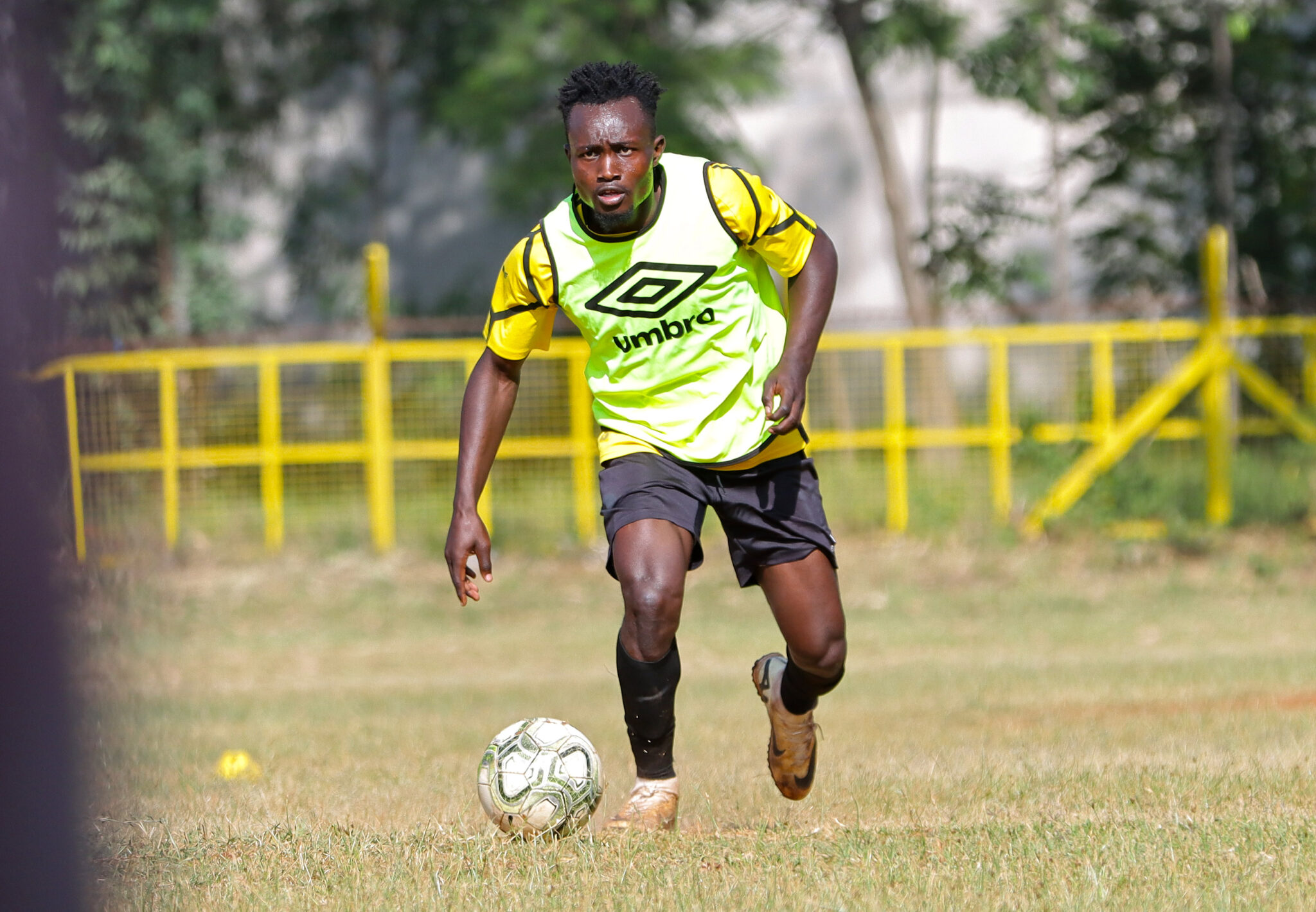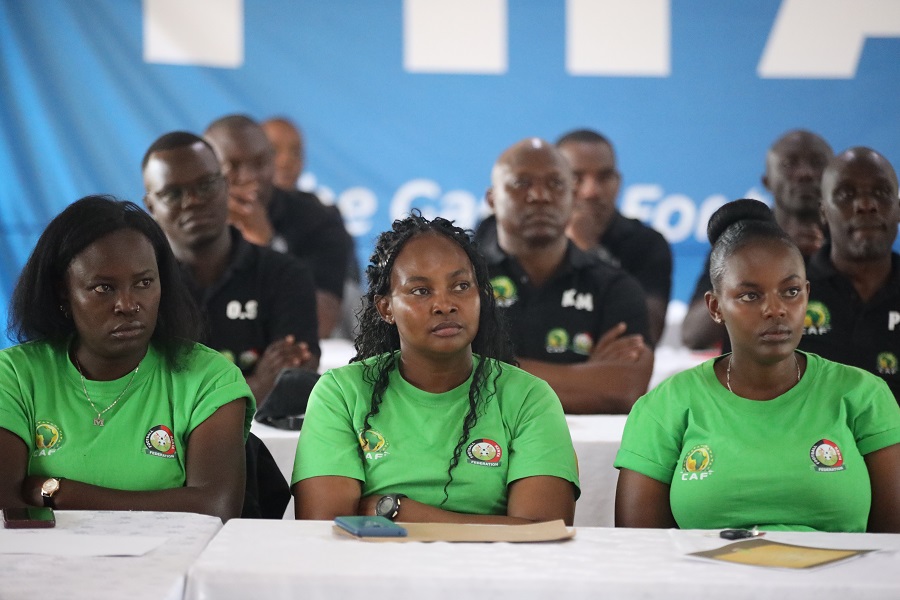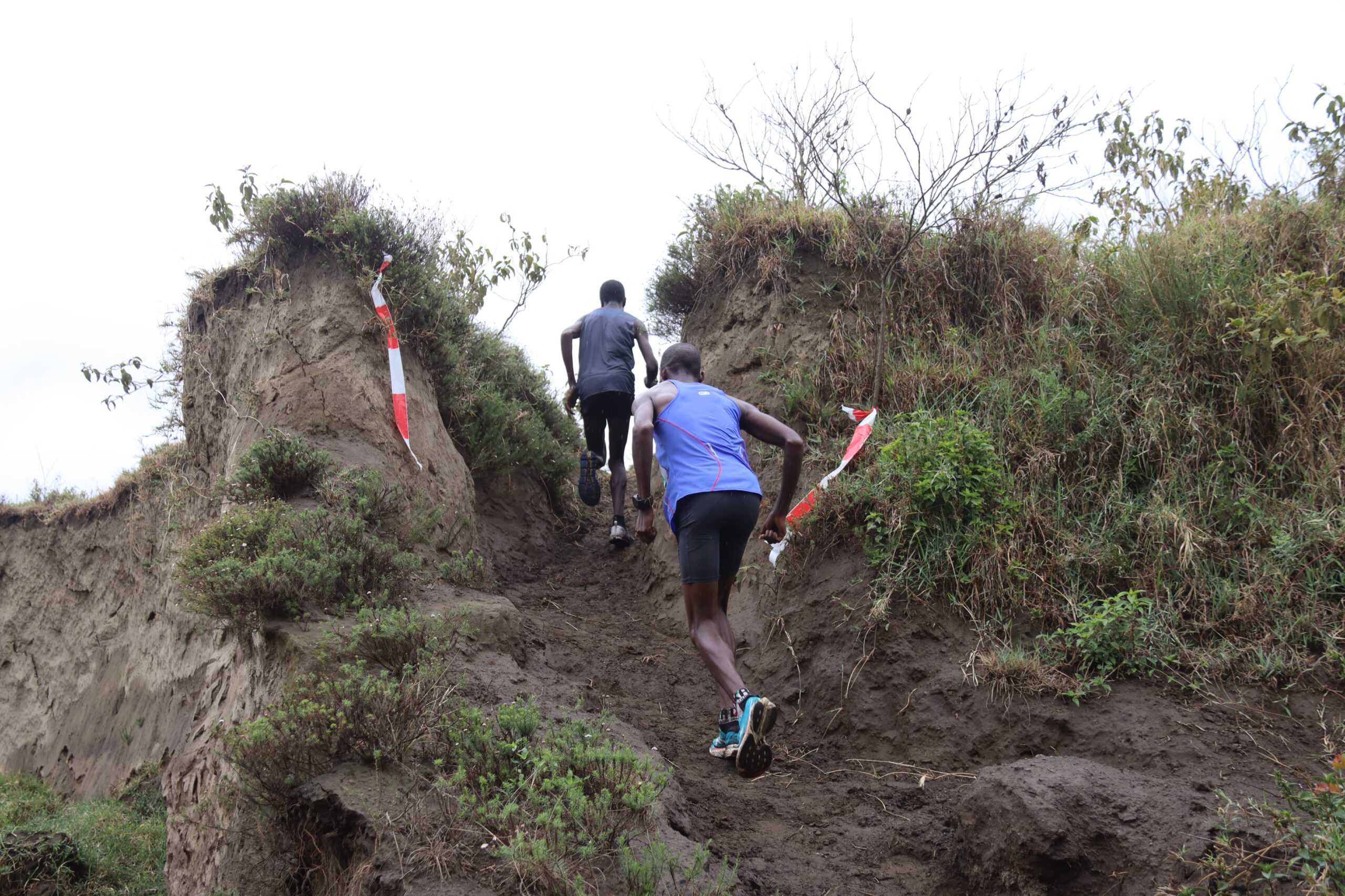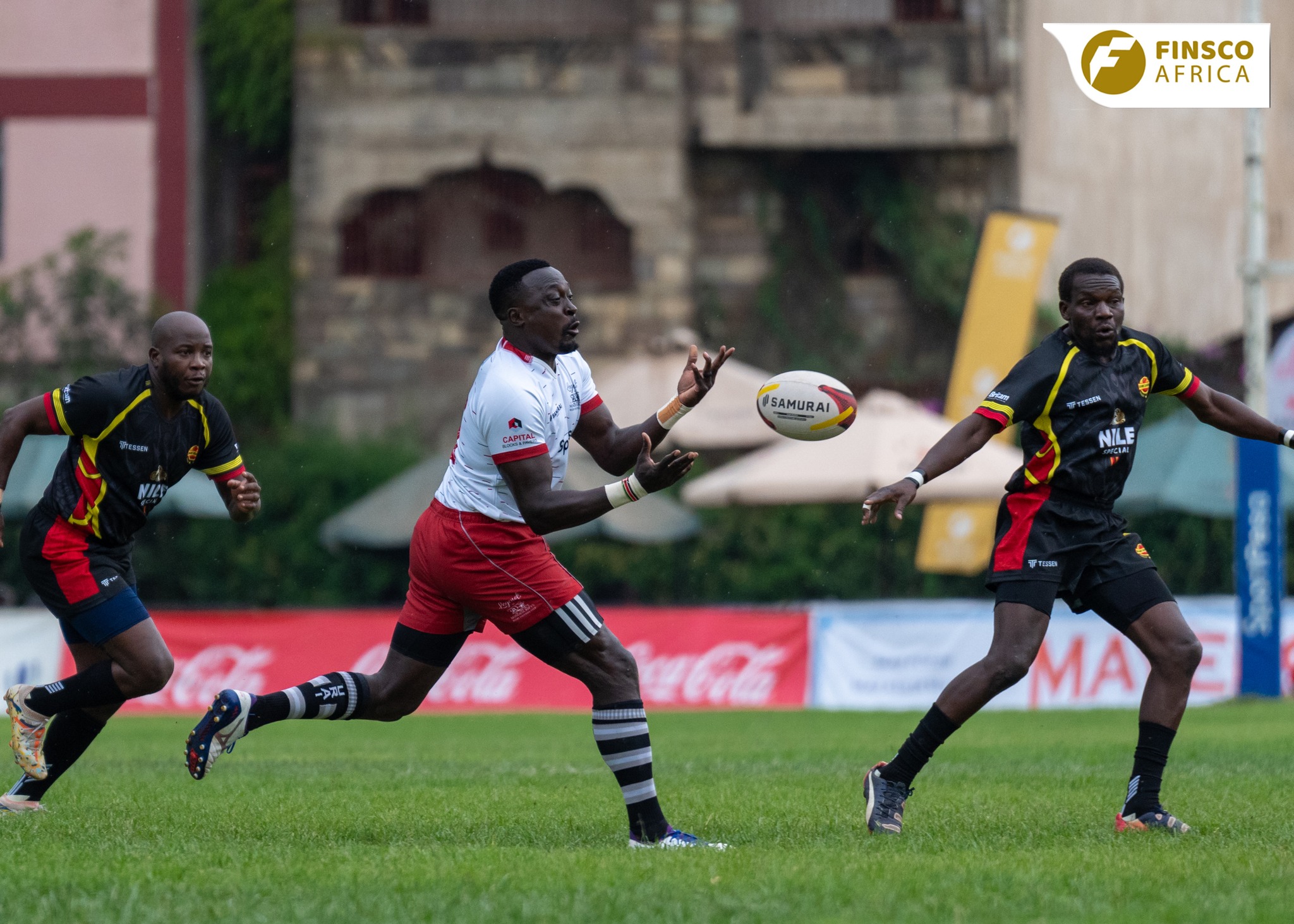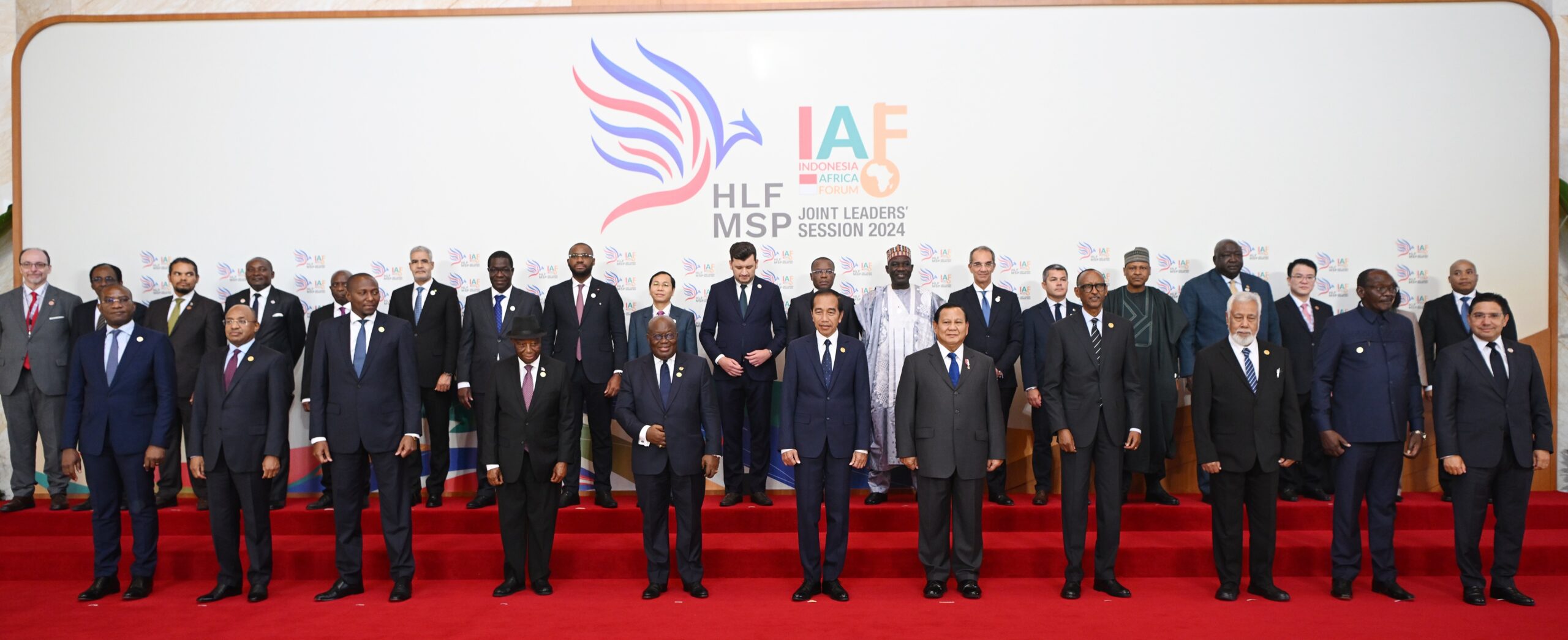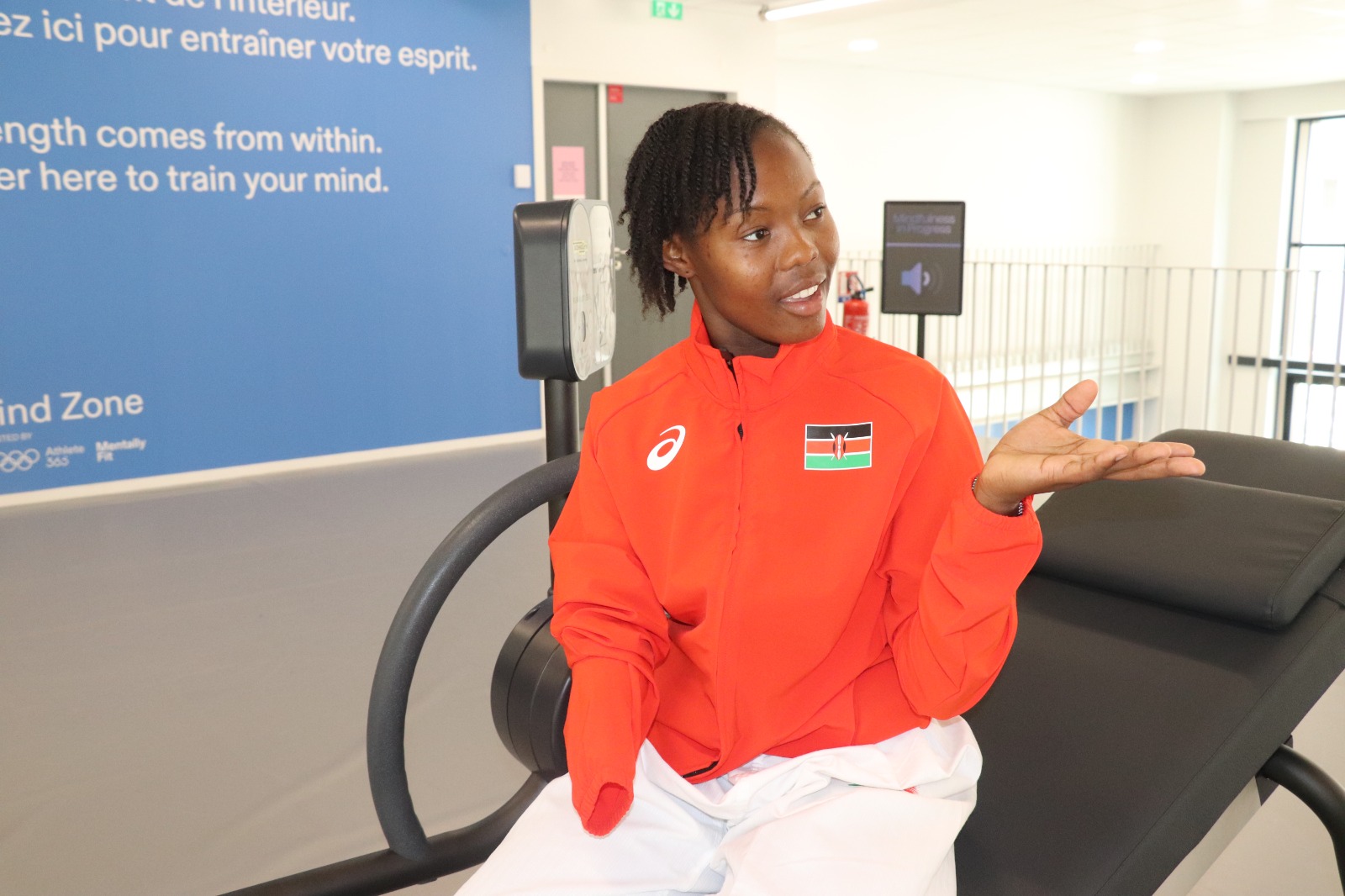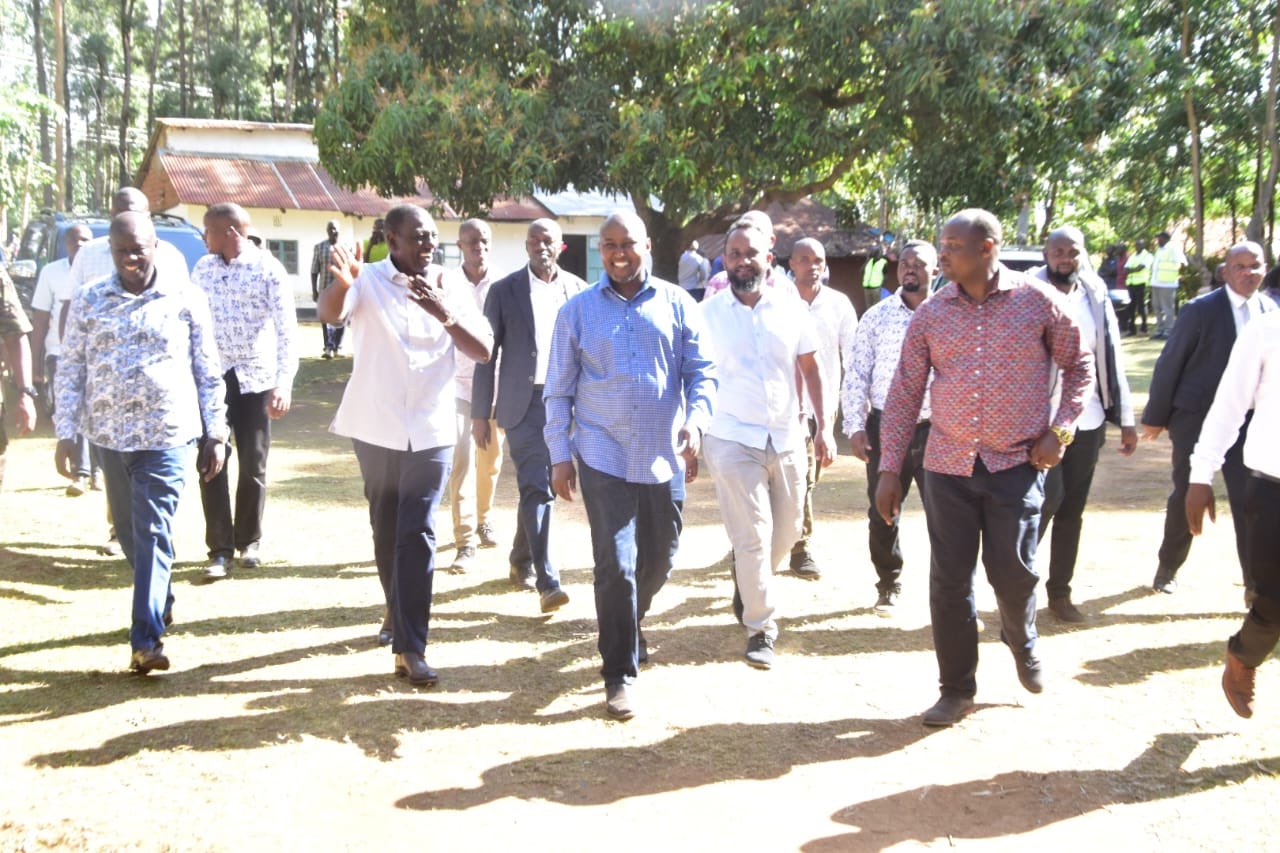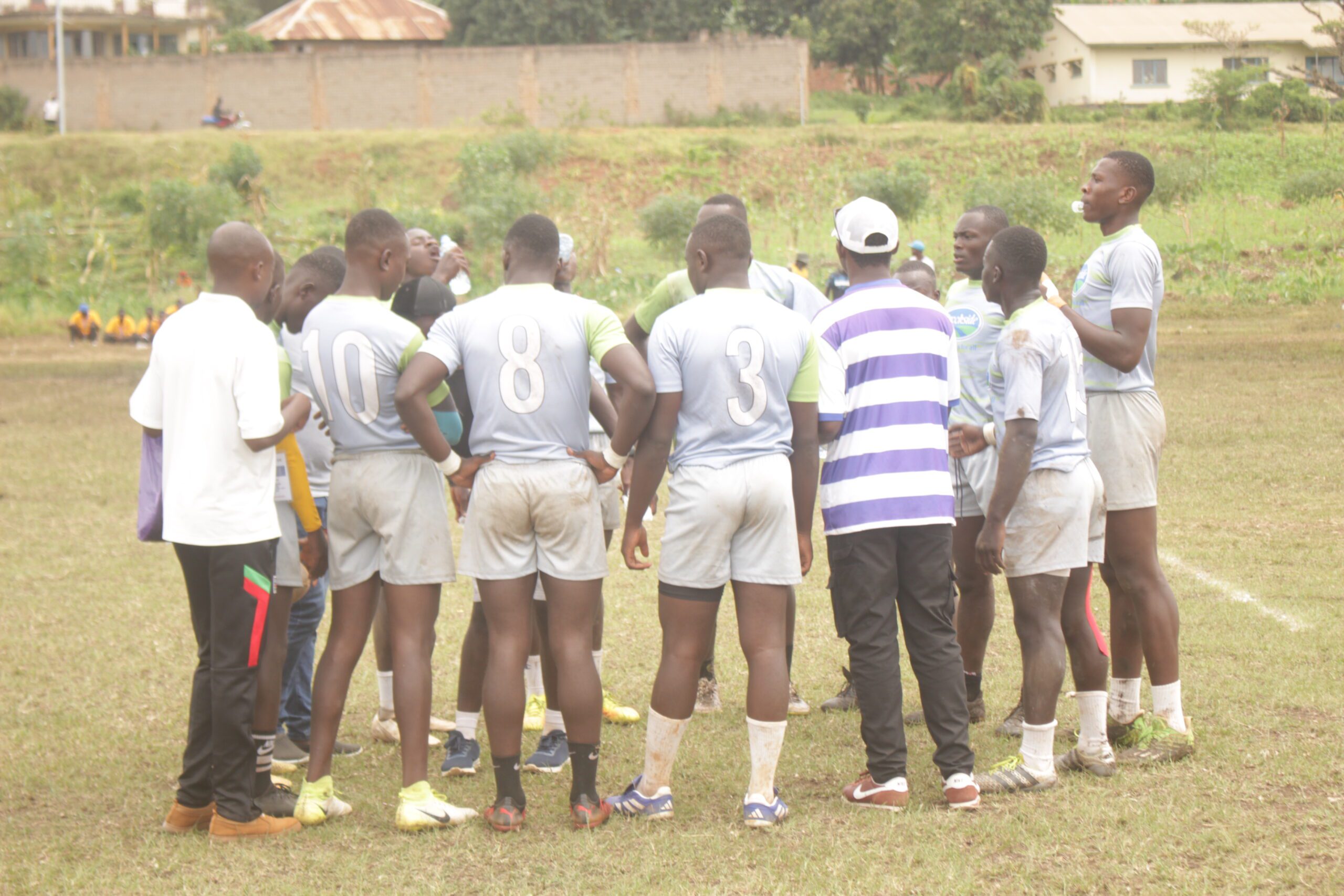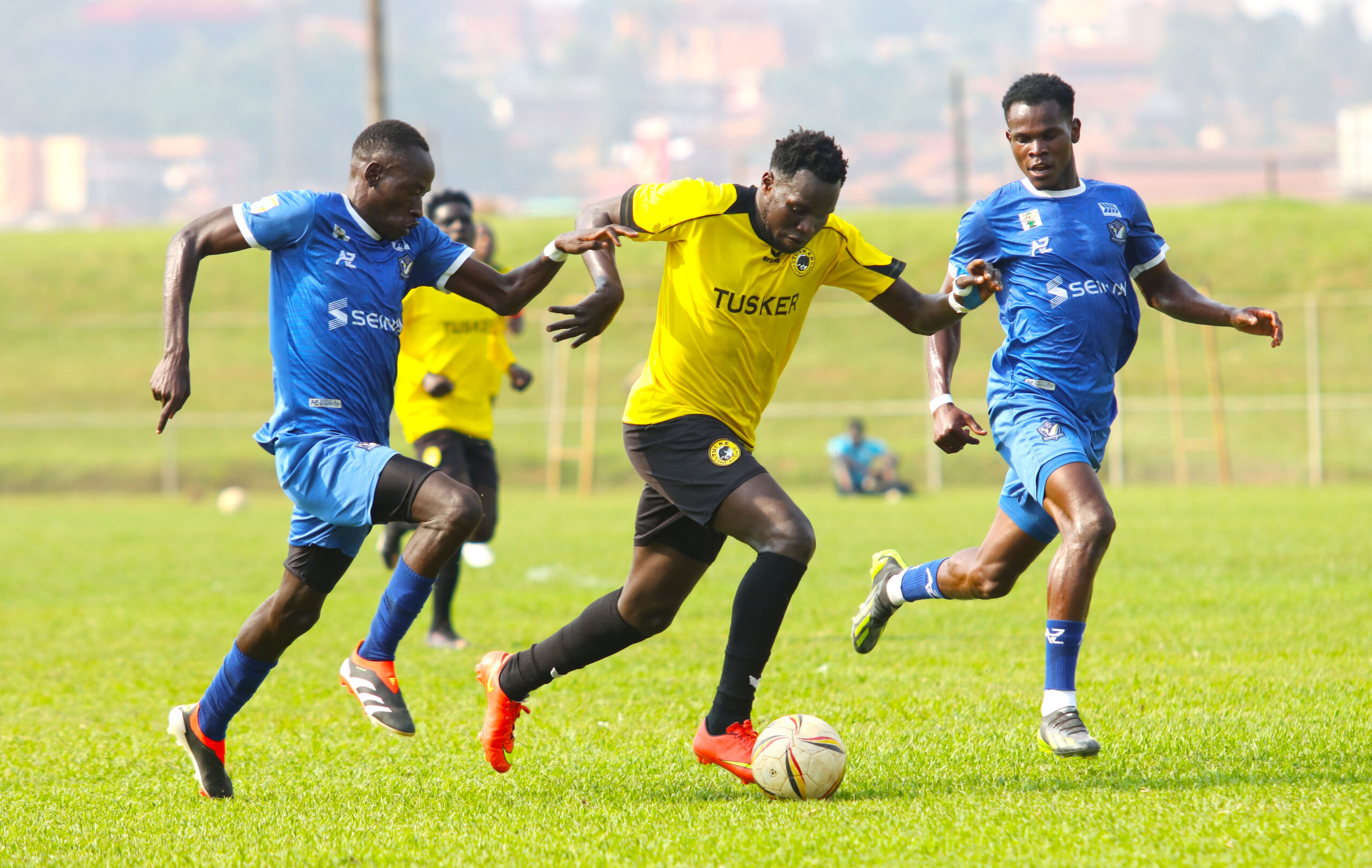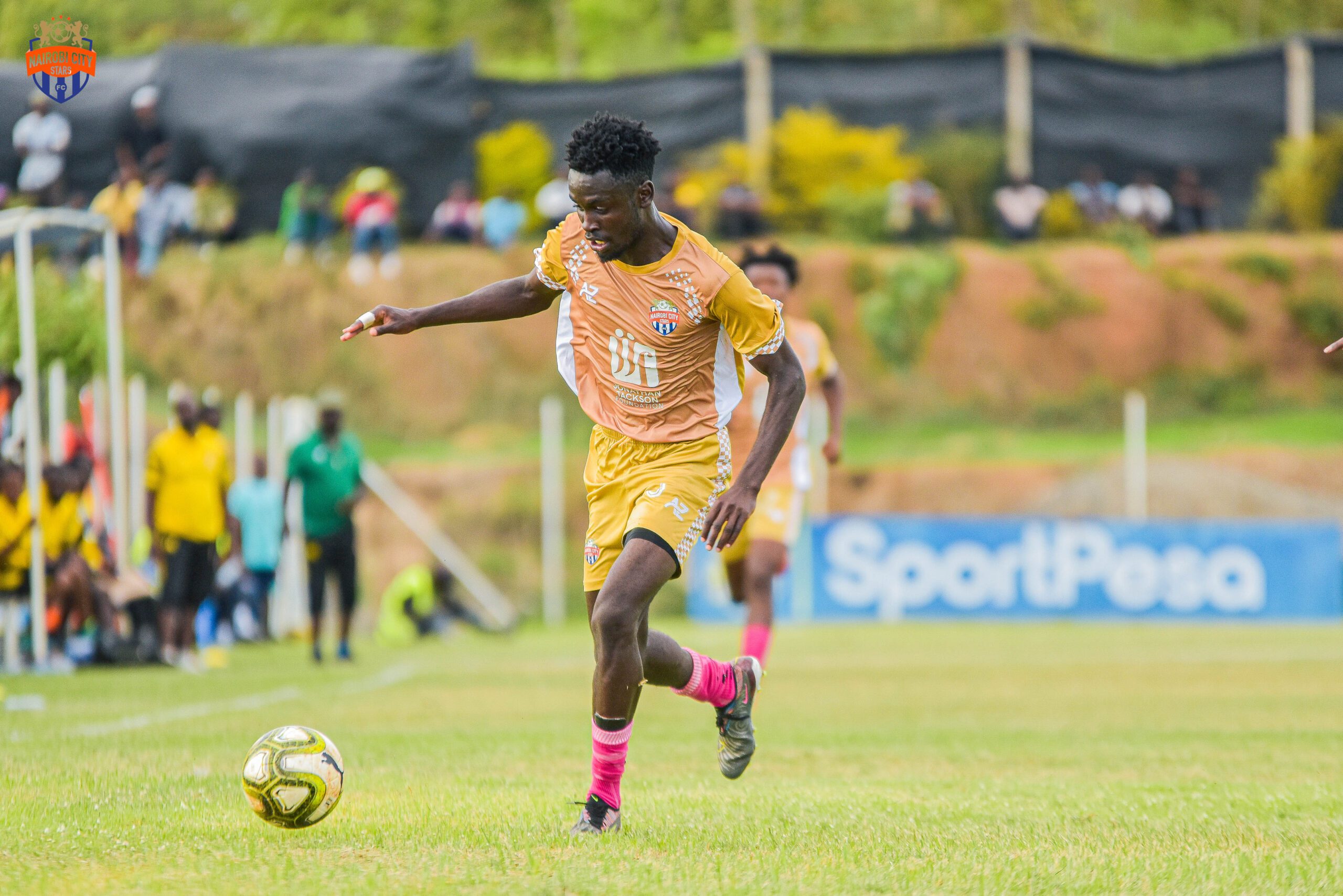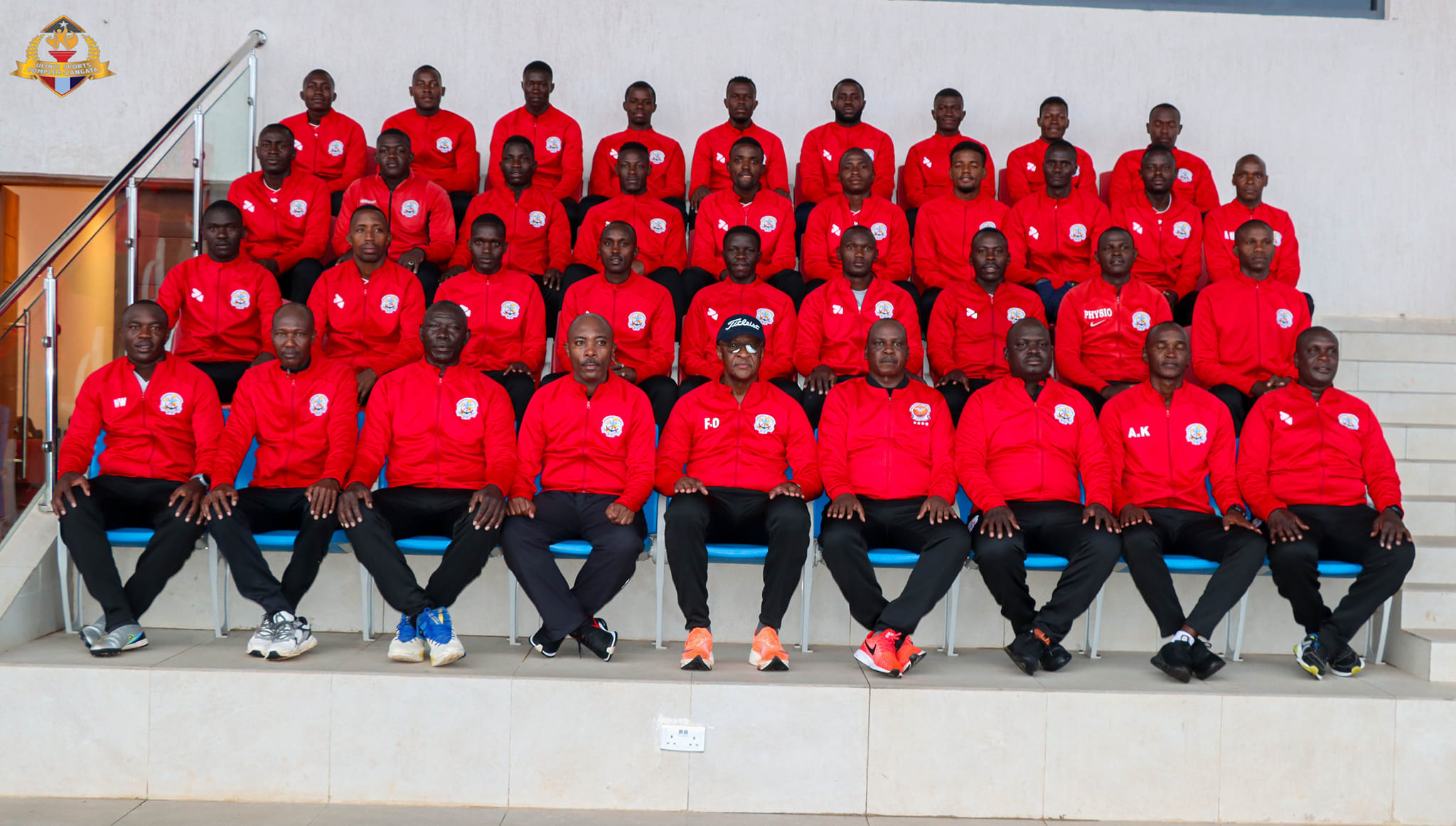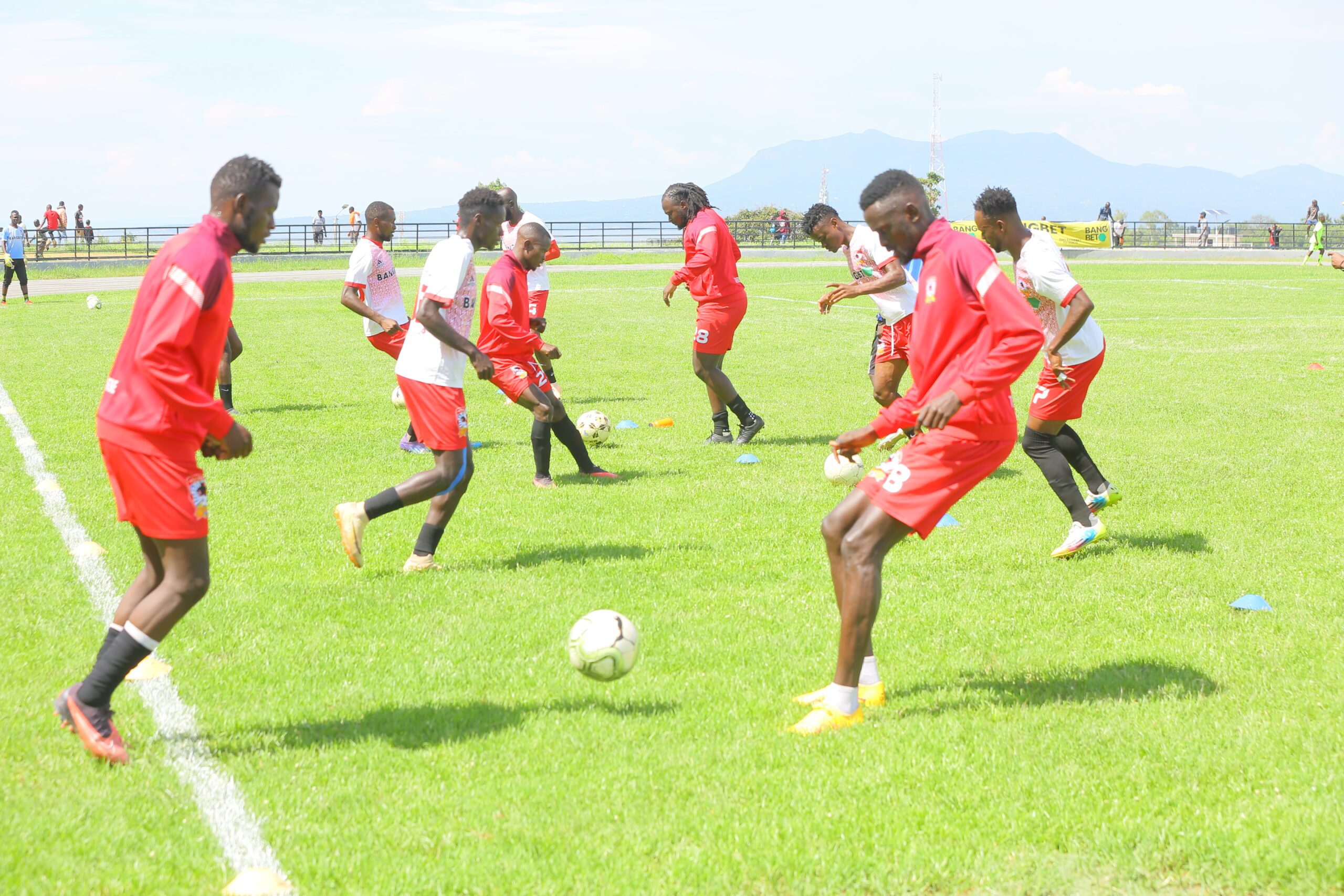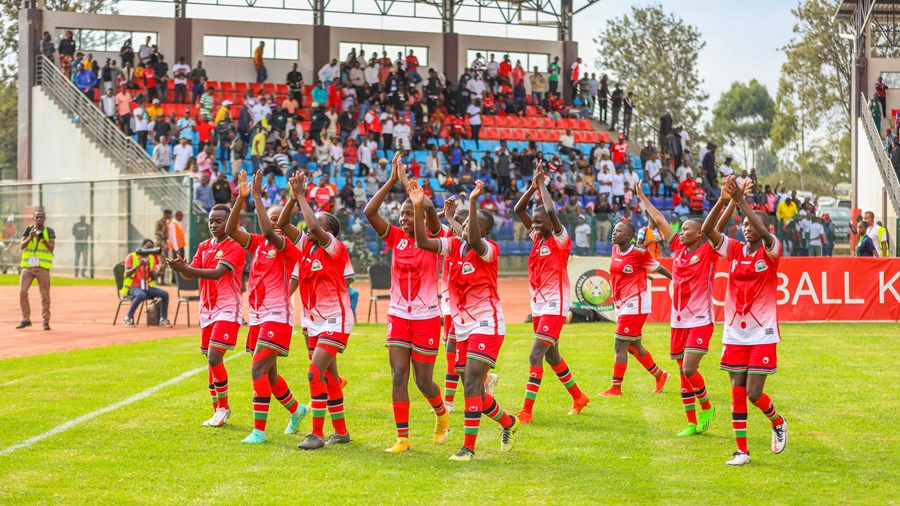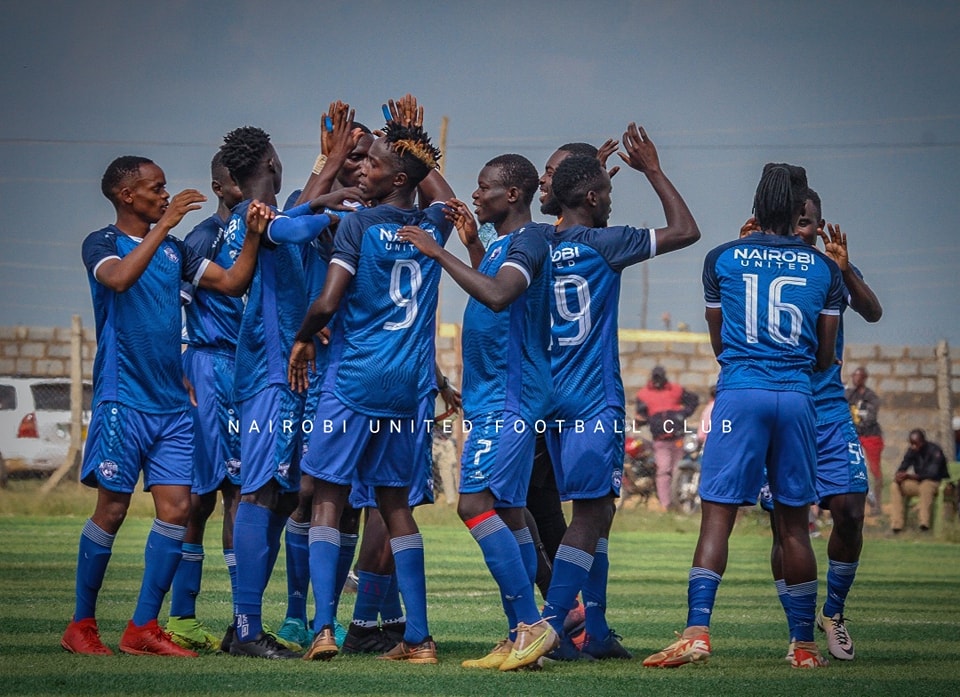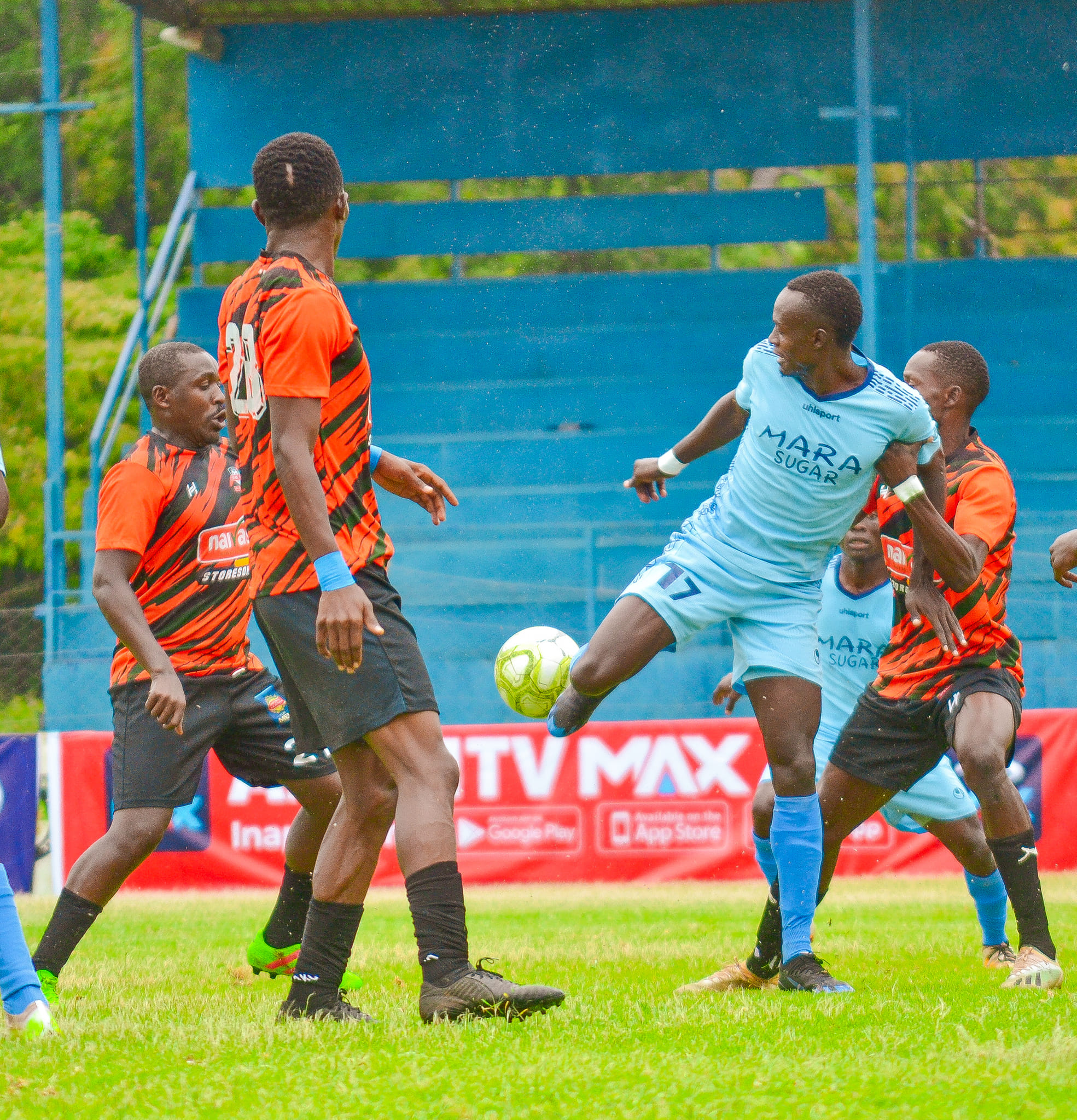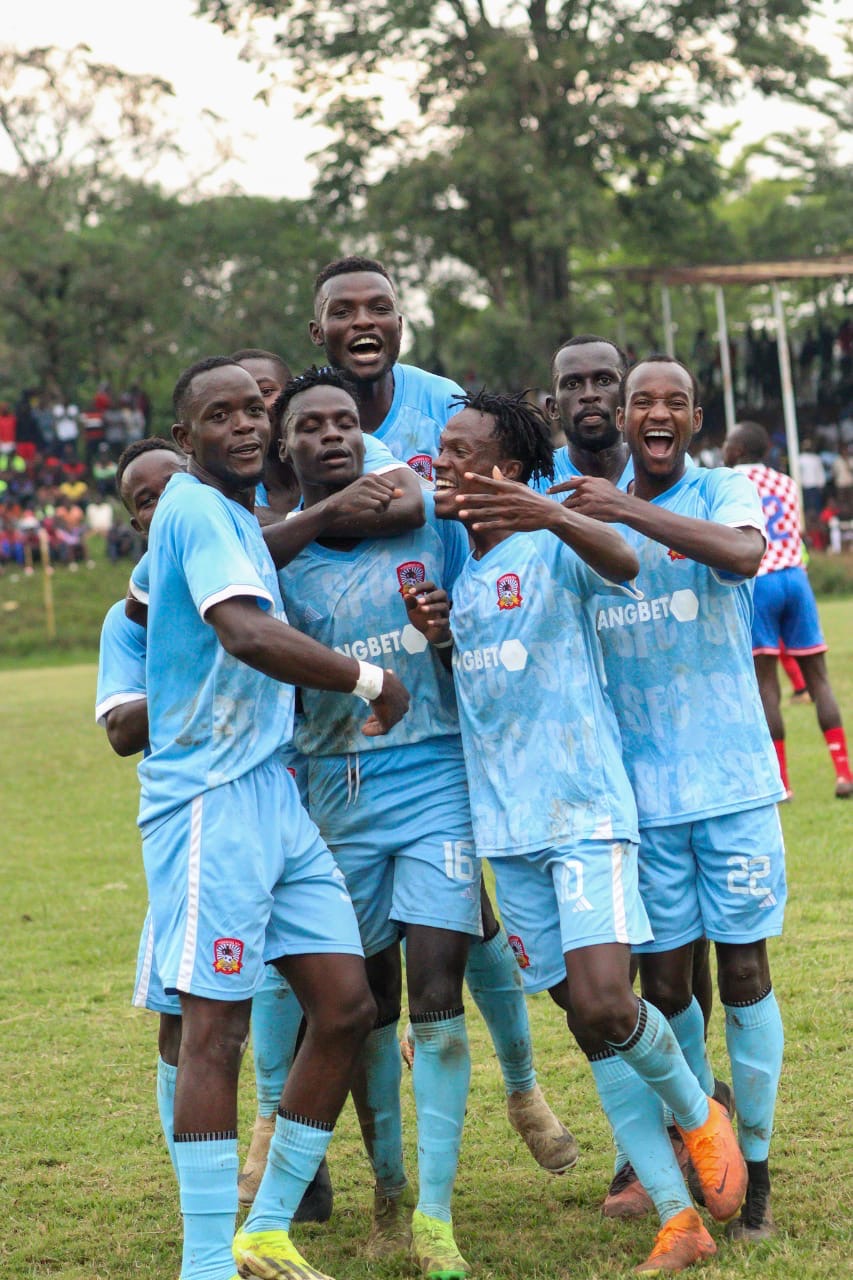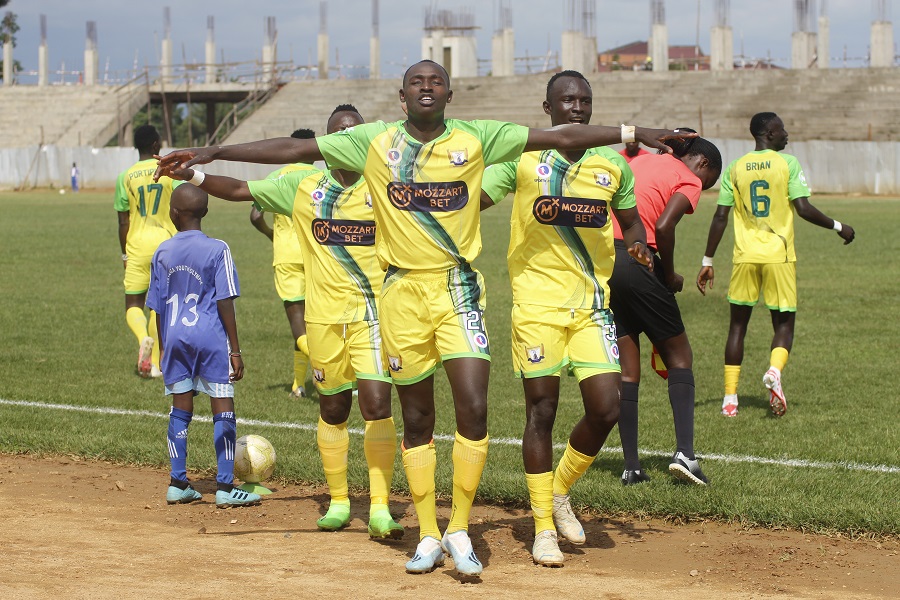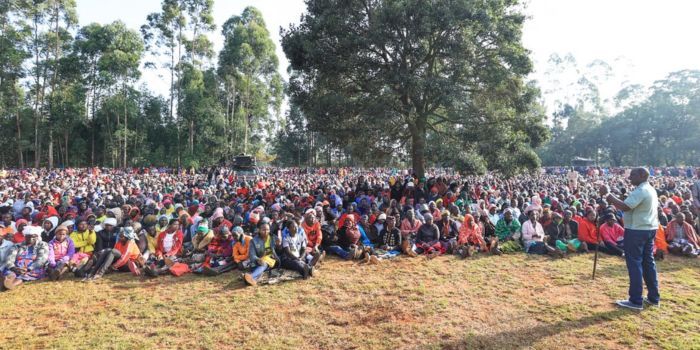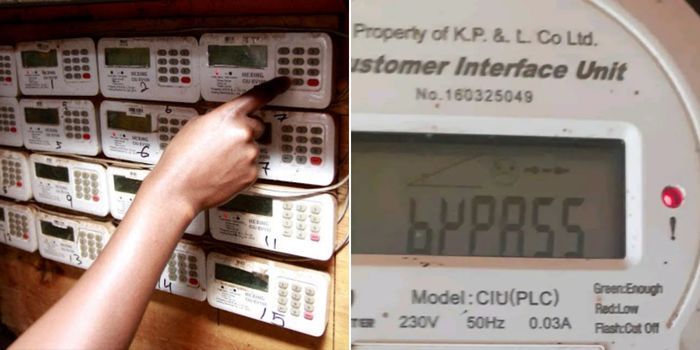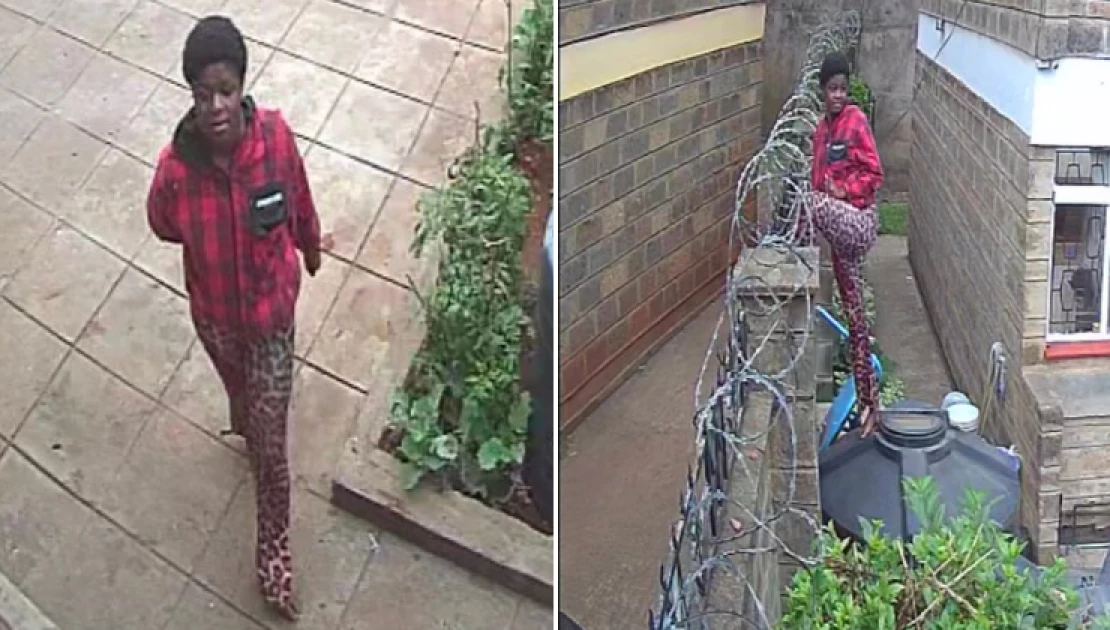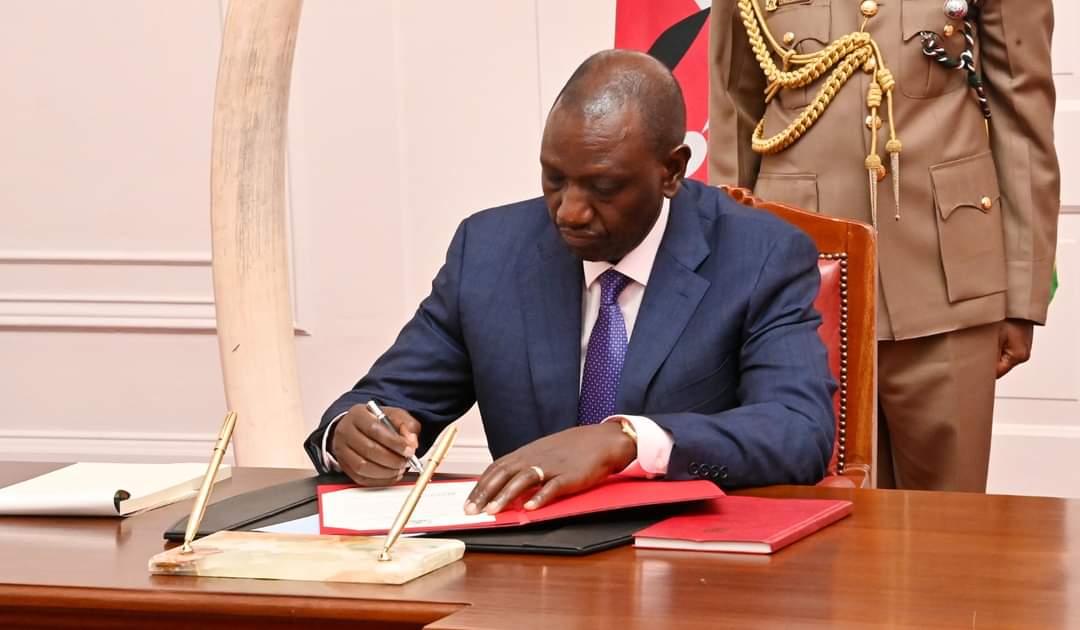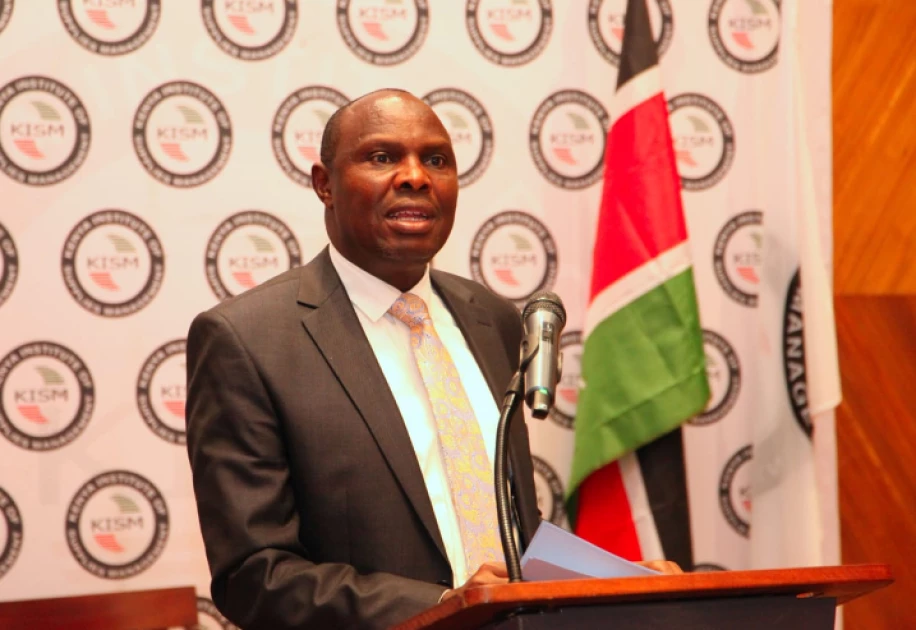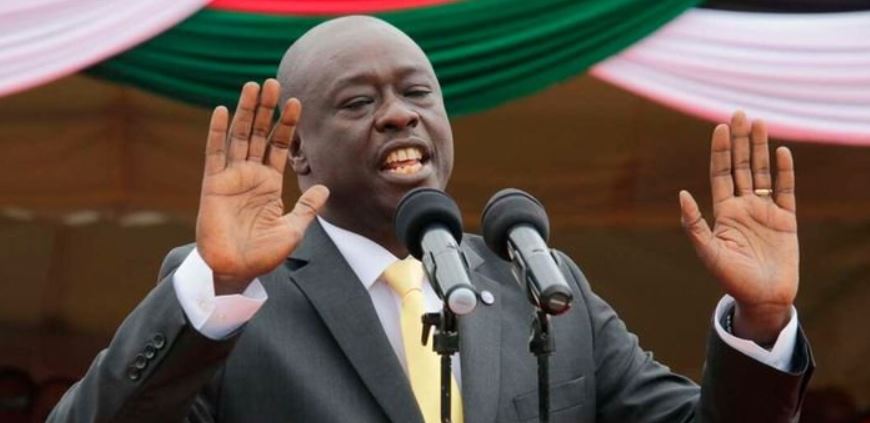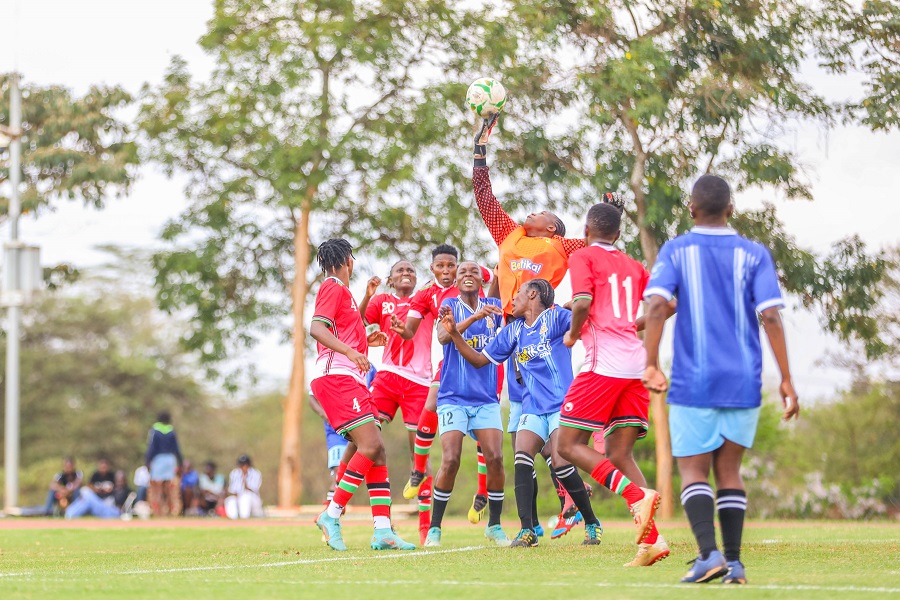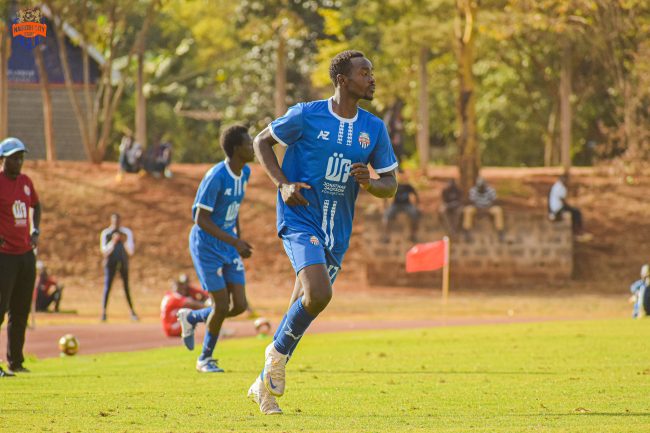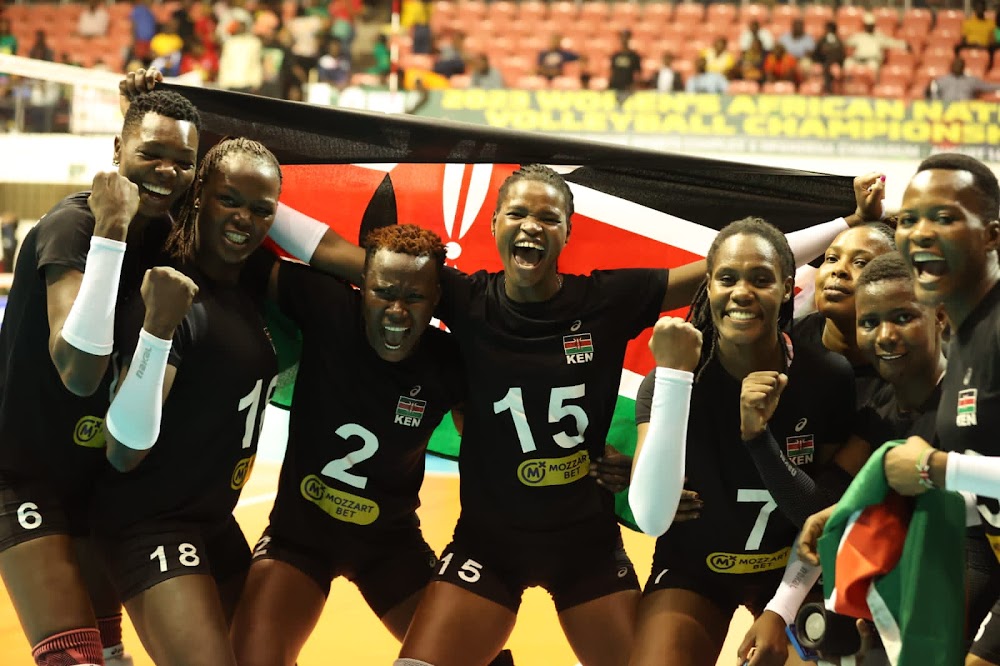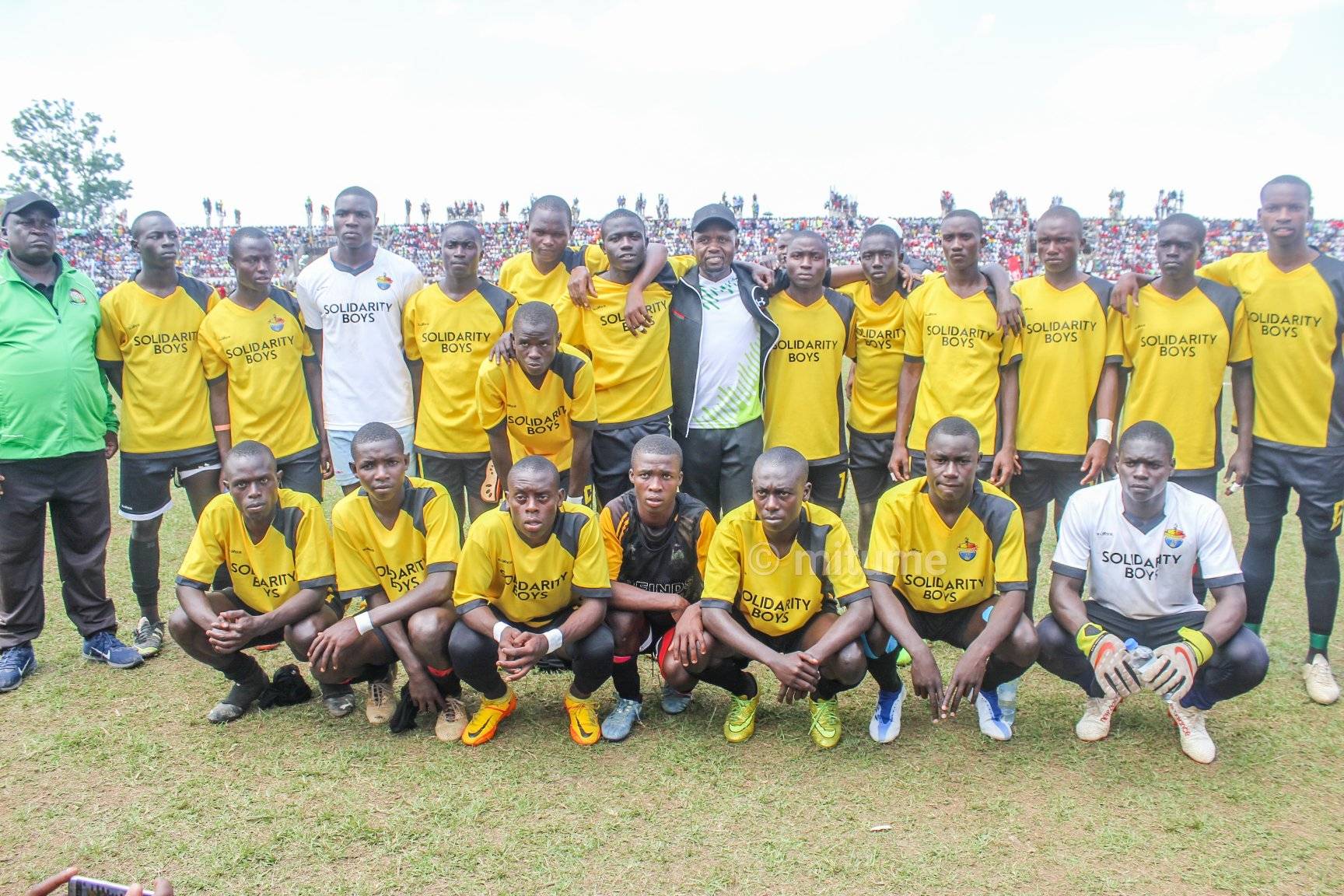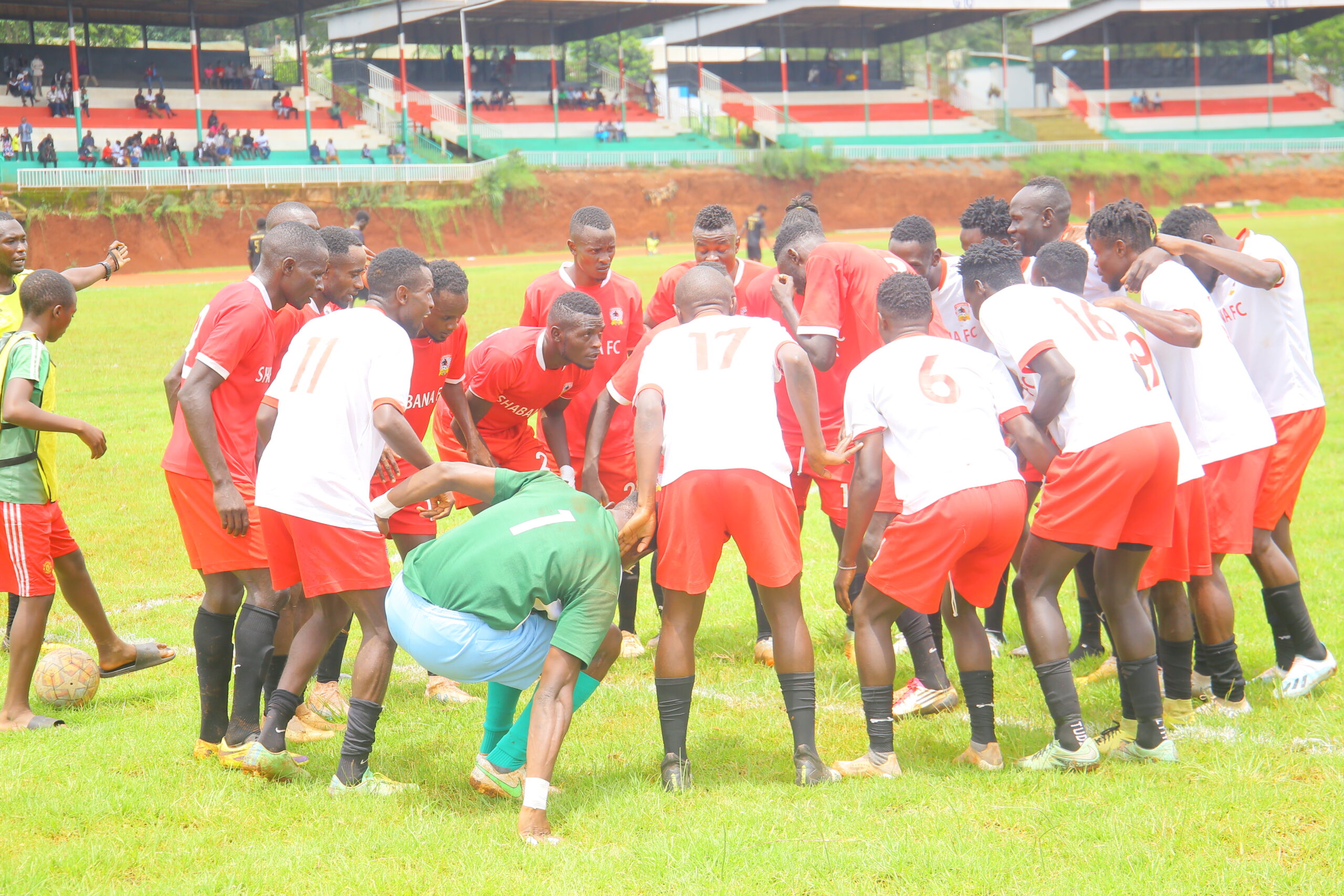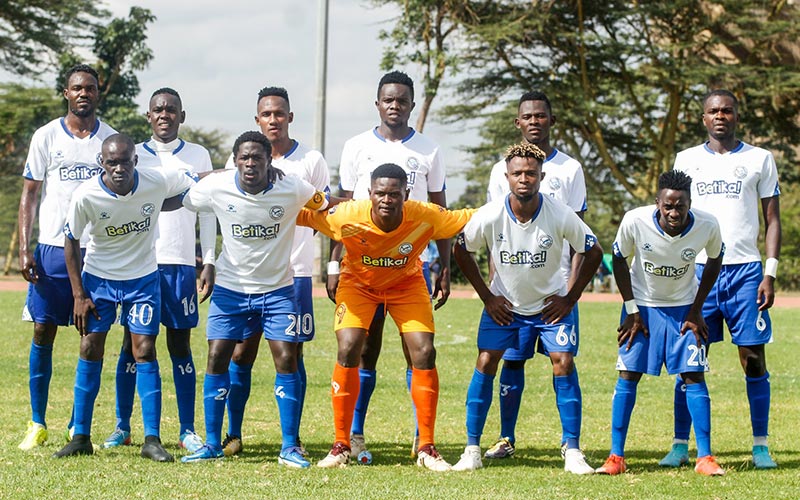The Kenya National Examinations Council (KNEC) has faced a legal setback after the High Court suspended its plan to administer mid-year Kenya Certificate of Secondary Education (KCSE) exams. The suspension was granted following a petition challenging the legality and implications of the proposed retakes.


Background of the Mid-Year Exam Proposal
KNEC announced the mid-year KCSE exams as a chance for candidates to improve their grades from the previous year. The initiative was particularly aimed at:
- Students involved in malpractice: At least 840 candidates whose 2024 KCSE results were nullified were eligible for the retakes.
- Low achievers: Over 712,537 students who did not attain the minimum grade of C+ were offered the opportunity to register.
- Candidate categories: The council planned to separate participants into full repeaters (retaking seven or more subjects) and partial repeaters (retaking fewer subjects).
However, the program encountered legal resistance.
Petition and Court Ruling
Dr. Magare Gikenyi, a Nakuru-based doctor, filed a petition against KNEC, arguing that the mid-year retakes would compromise the integrity of national examinations and violate constitutional rights.
Key Arguments in the Petition
- Integrity Concerns: The mid-year exams risk undermining public trust in Kenya’s examination system.
- Candidate Rights: The petitioner argued that the proposal violated candidates’ rights, including respect for their best interests, development, and participation.
- Governance Principles: Dr. Gikenyi cited the need to uphold the rule of law and governance standards.
Kisii High Court Lady Justice Odera Teresa Achieng granted conservatory orders to suspend the exams, ruling that the petition had merit and required further hearing.
Implications for KNEC
The suspension poses a significant challenge for KNEC, which had already begun registering candidates for the exams. The council will now need to await the court’s inter partes hearing to determine the way forward.
Broader Impact on Candidates
The ruling affects thousands of candidates:
- Malpractice cases: Students hoping to redeem themselves after being implicated in cheating face delays.
- Grade improvement: Candidates aiming to improve their academic qualifications will have to wait for further directives.
KNEC’s plan had been seen as a progressive measure to address concerns about access to quality education and fairness. However, the legal proceedings now place these reforms on hold.
Next Steps
Lady Justice Odera ordered KNEC to be served with the petition by January 30, with further hearings scheduled for February 12. The outcome of these proceedings will determine whether the mid-year exams proceed or are permanently shelved.
Conclusion
The case underscores the delicate balance between implementing reforms in education and upholding constitutional rights. As the legal process unfolds, stakeholders in Kenya’s education sector will be keenly watching for the court’s final decision on this contentious issue.

